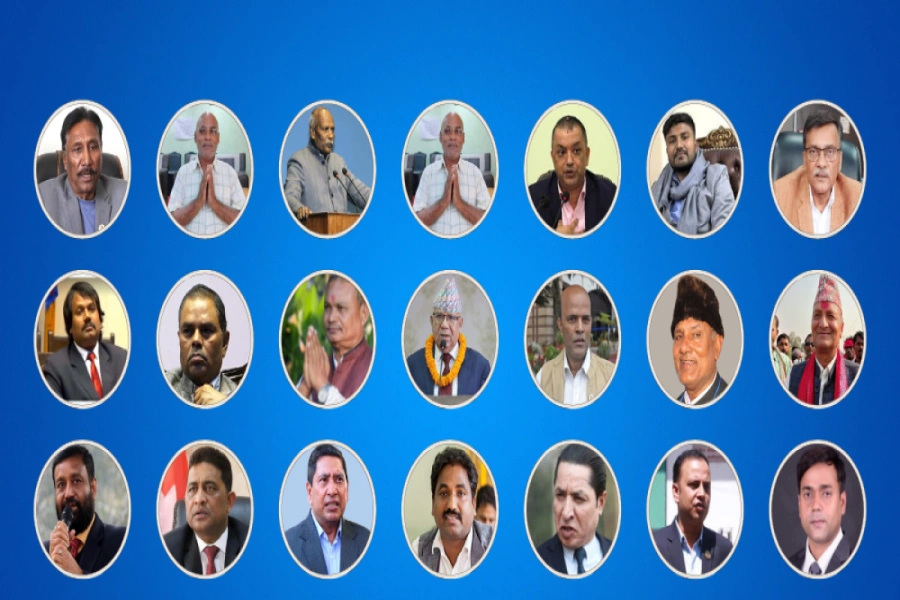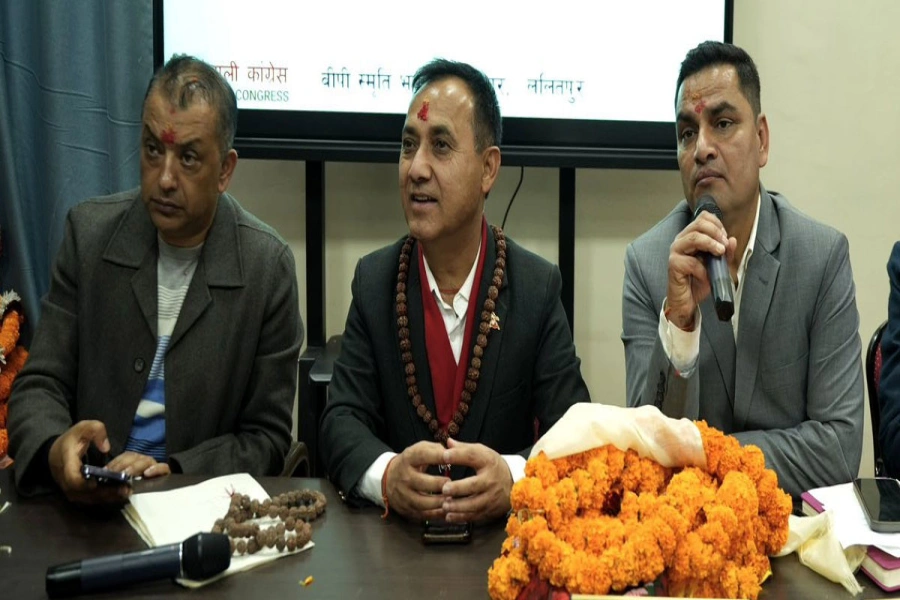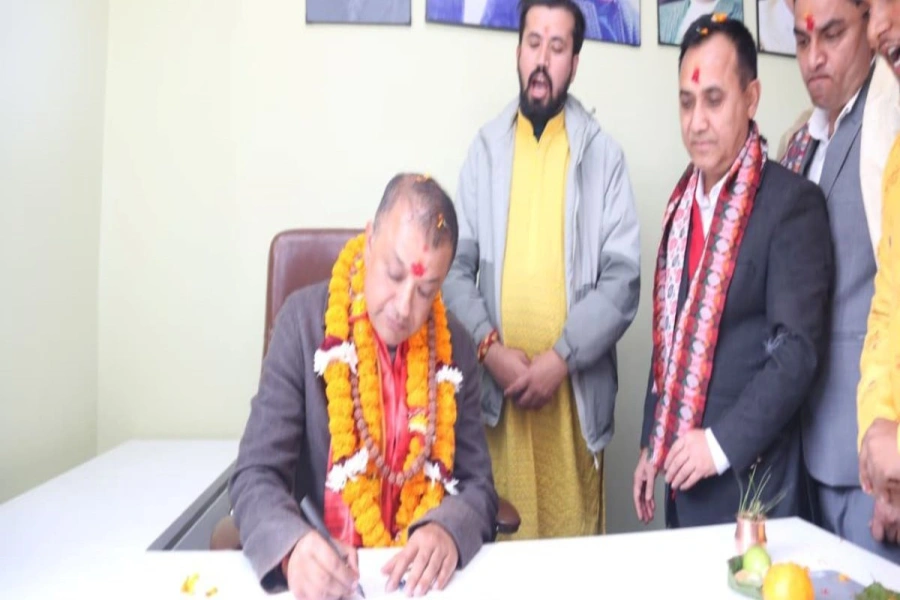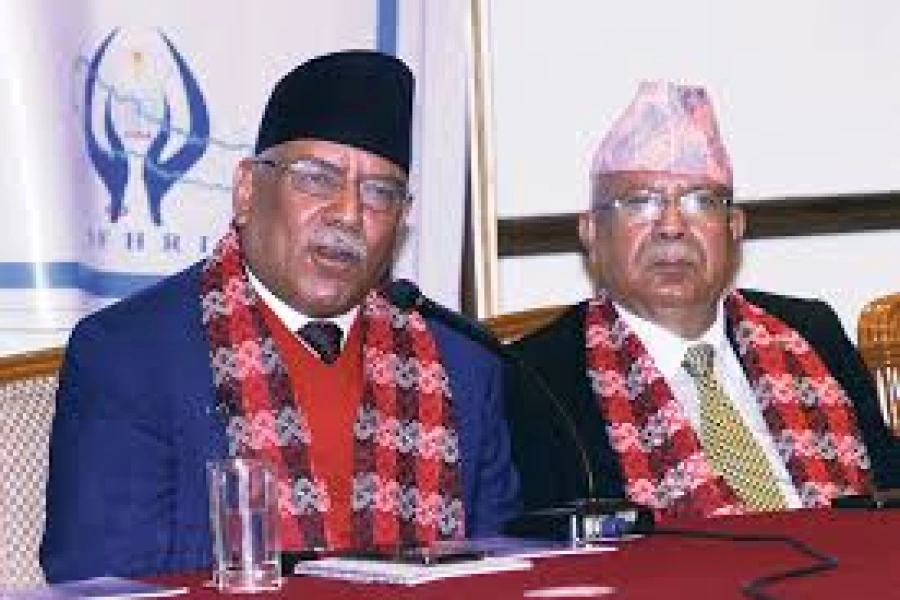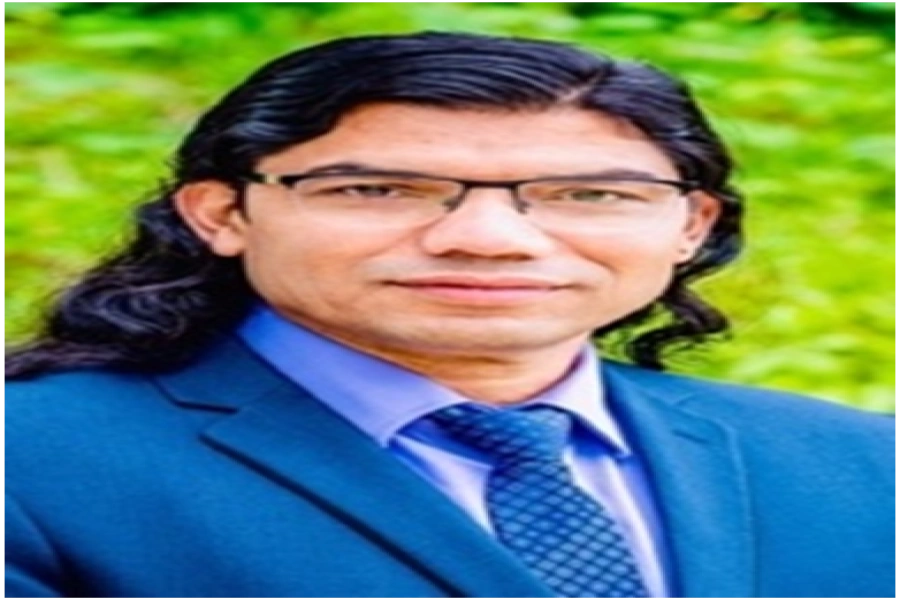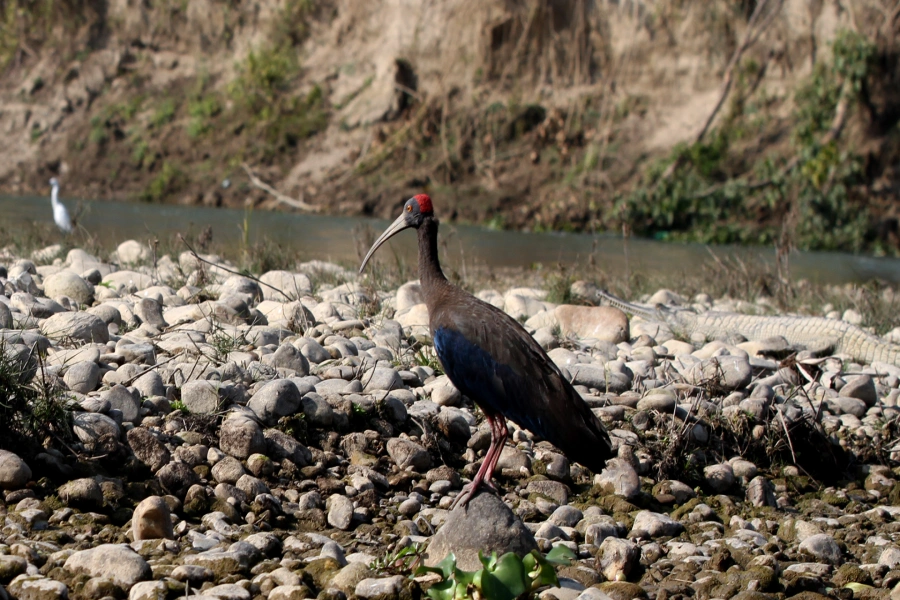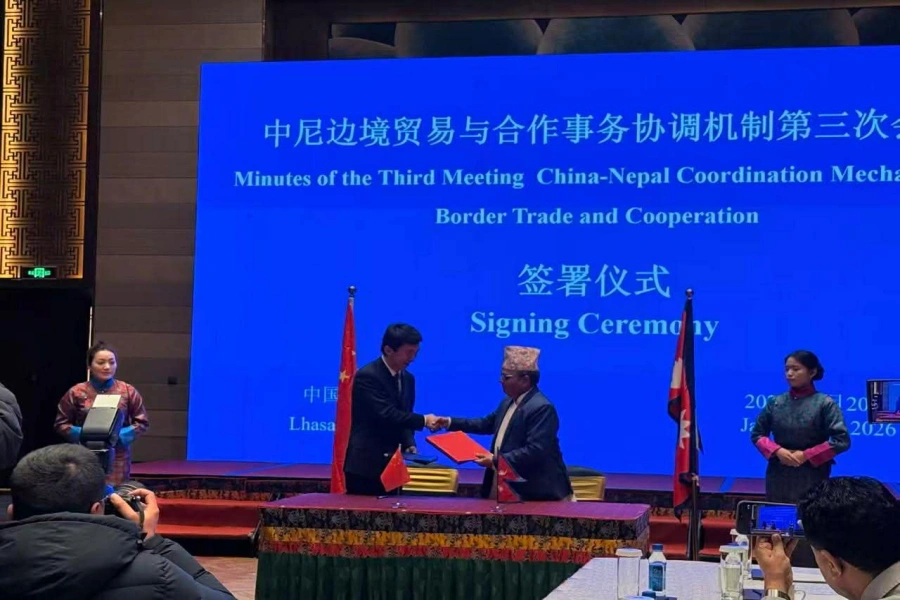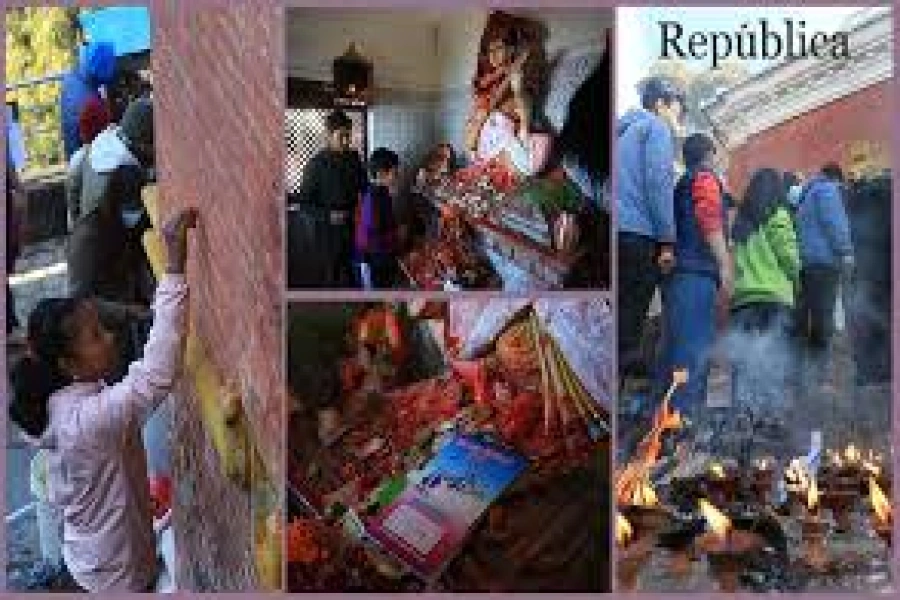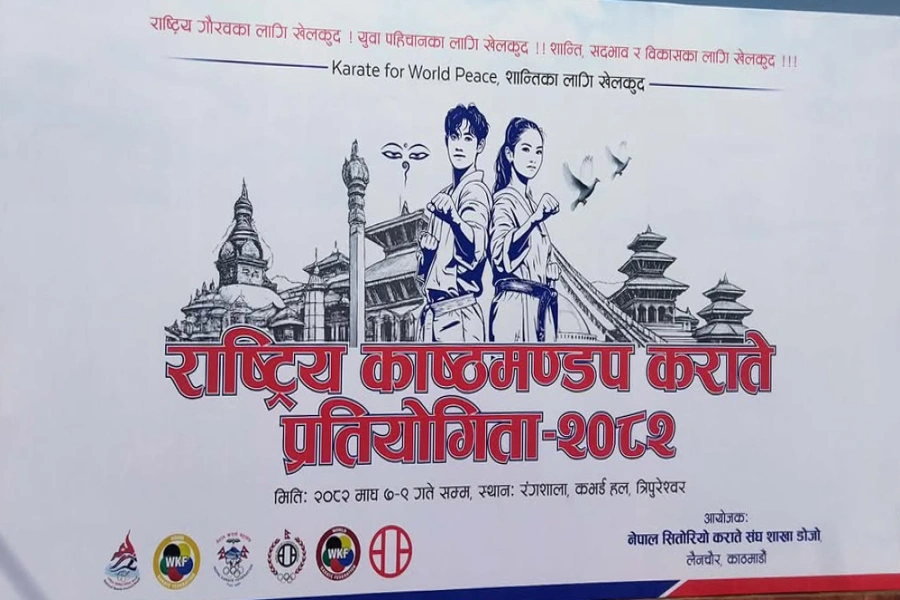Covid-19 has made a supposedly dangerous comeback in China in recent days. COVID-19 cases in China have been rapidly increasing in various major cities in recent weeks as the virus sweeps through China largely unchecked. Nepal’s northern neighbor had been largely sheltered from the virus for much of the pandemic. But it is now reportedly experiencing “the world’s biggest surge in infections” after the hardline Covid-19 containment measures implemented in China earlier were loosened earlier this month following protests. Beijing reported over 100,000 new cases of the viral infection nationwide on Monday. Given the massive surge in coronavirus cases caused by a new variant in China, the Indian government also recently held a high-level review meeting last week. Delhi government has already announced to close schools between January 1 and January 15 due to winter and Covid scare, according to Indian media reports. This has apparently already rung alarm bells in Nepal and the Ministry of Health and Population has asked people to be cautious as there is a risk of the new variant of coronavirus, BF-7, spreading in Nepal as well. Though the new variant of the virus has not yet been confirmed in Nepal, the health ministry has asked people to take necessary prevention and control measures as there is a risk of the virus spreading in Nepal as well due to open borders and free movement of people across the border. Issuing a statement on Saturday, the health ministry asked people not to make crowds and follow public health standards.
Covid-19 is no longer a new crisis. Through experience we now know that “prevention is better than cure” in the case of Covid-19 as well, like in the case of any disease. Though there is so far no real cure against the viral infection, some preventive vaccines have thankfully already been invented and are in use. Also, the country has already administered a full dose of the vaccines against Covid-19 to most of the eligible population. So it makes sense when the health ministry requests those who are yet to receive the booster dose of COVID-19 to be vaccinated as soon as possible. Also, it is worth noting that the government is preparing to give additional doses of COVID-19 vaccines to those who have received the booster dose. This move is aimed at boosting the immunity of people against the coronavirus at a time when the risk of infection has increased once again. Meanwhile, as the government has requested, everyone needs to exercise caution as the new variant of the species may enter Nepal due to open borders. People should be encouraged to contact their nearest health facilities to get vaccinated. However, as experience has proved, wearing face masks, maintaining physical distance, using sanitizers and adopting other precautionary measures to avoid the possibility of contracting the virus have been helpful in controlling the pandemic.
How to help vulnerable groups

We should do our best to prevent the new variant of the virus from entering the country, especially through our porous borders. For that, the government must increase surveillance at the borders and coordinate with the authorities across the borders in India and China to contain the further spread of the COVID-19 pandemic. It is, however, good to notice that the government has already become proactive in controlling any possible fresh spread of the virus in the country. The government has made wearing face masks mandatory in the Tribhuvan International Airport area. After the health ministry issued a caution notice regarding the safety protocol last Friday, the TIA authorities made it mandatory for the officials and other individuals concerned to use facemasks on TIA premises. Wearing face masks should be made mandatory also for the air passengers of international flights. The government should prepare itself for any situation. There is no need to panic but we should certainly be cautious and alert.





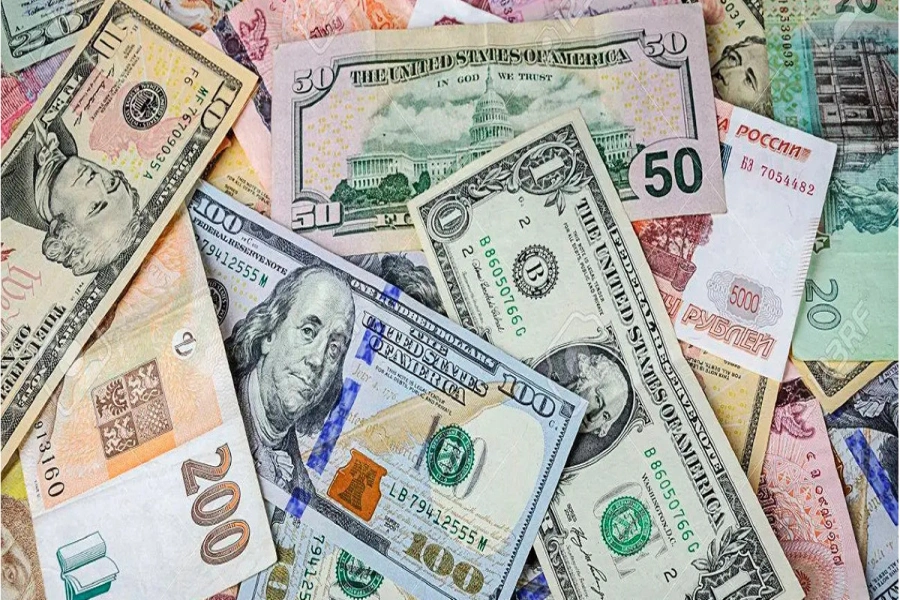
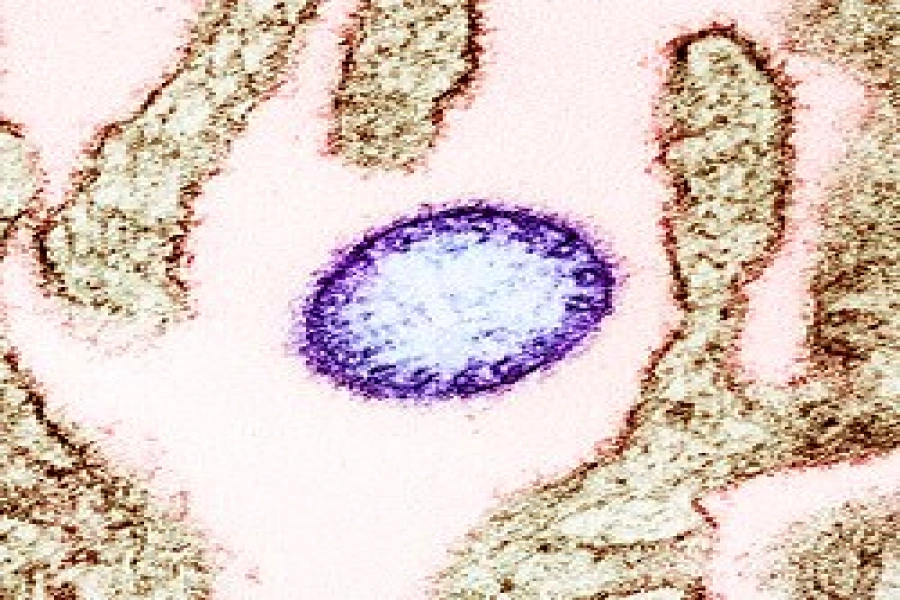
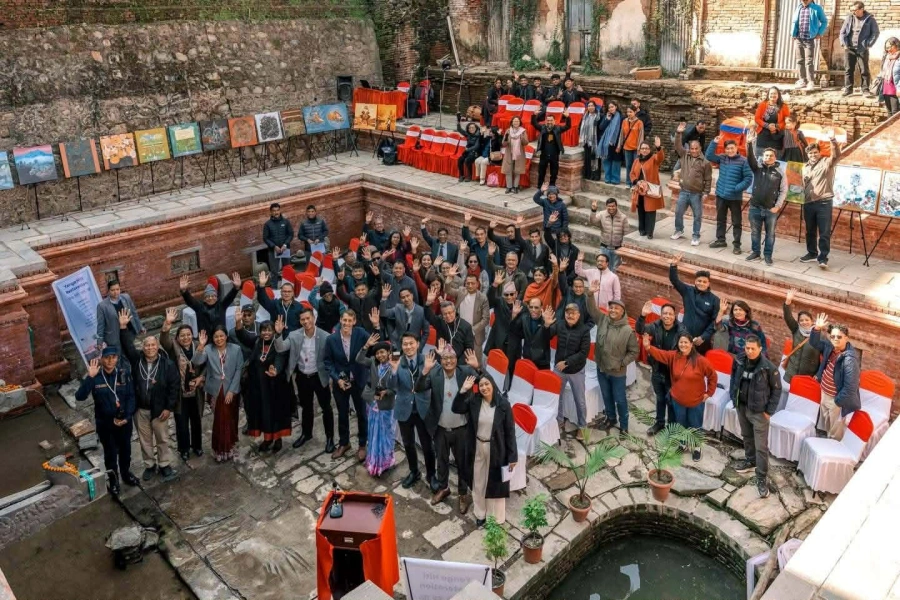


_20200814192758.jpg)






